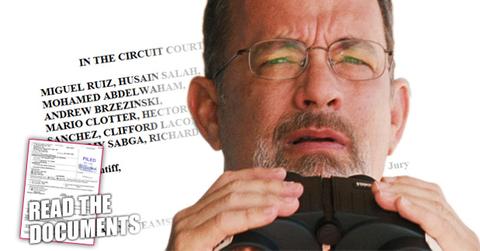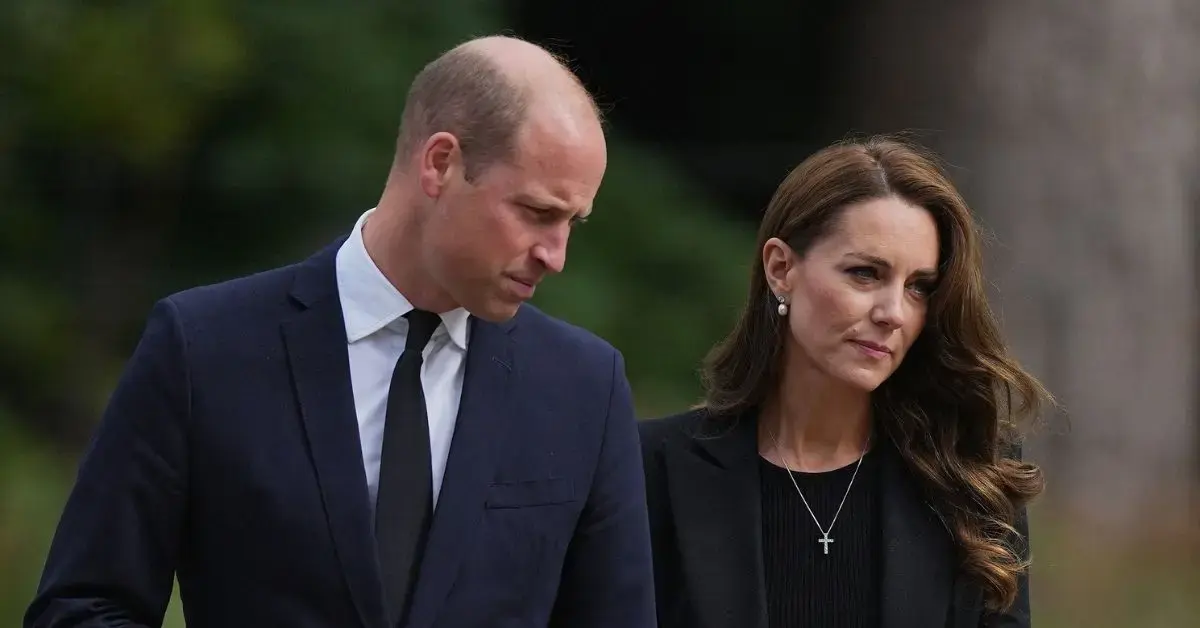Is 'Captain Phillips' Fake? Inside The Legal Fight To Expose The TRUE Story Of What Happened On The Maersk Alabama

Oct. 25 2013, Published 6:26 a.m. ET
As Captain Phillips heads into its third weekend at the box office, the film has already racked up nearly $50 million in receipts -- the biggest hit for star Tom Hanks in five years.
Audiences clearly love the story of the Maersk Alabama captain who bravely fought off a band of Somali pirates.
But is it true?
Crew members from the cursed ship have been fighting in court for the past two years to have their side of the story recognized, claming that Phillips, acting as an agent of the Maersk Line, Ltd., and Waterman Steamship Corporation, knowingly acted in a negligent manner that paved the way for the pirates' attack.
Now, the attorney for those men tells RadarOnline.com that the shipping company is desperately trying to cover up the story of what really happened as the Hollywood version plays out on-screen.
Brian Beckcom of VB attorneys spoke to RadarOnline.com from Norfolk, Virginia, where he recently deposed a Maersk security expert, as well as "an outside consultant they've hired strictly for the purpose of this lawsuit."
Previous depositions, including one by Capt. Richard Phillips himself, have been sealed to the public by Maersk and Waterman's request, RadarOnline.com has learned.
Beckcom explains, "The shipping companies in this case have made a huge effort to keep everything under seal. They don't want anything to get out to the public."
Slowly but surely, however, the back story is starting to emerge.
According to court documents obtained by RadarOnline.com, the crew members involved in the lawsuit -- Miguel Ruiz, Husain Salah, Mohamed Abdelwaham, Andrew Brzezinski, Mario Clotter, Hector Sanchez, Clifford Lacon, Jimmy Sabga and Richard Hicks -- "suffered serious physical and emotional damages" that were "caused by the negligence and gross negligence … of Maersk shipping and Waterman Steamship Corporation, and its agents, servants and employees."
EXCLUSIVE: Read The Court Documents From The Captain Phillips Lawsuit
Just how did that "willful" and "wanton" negligence occur? Another set of documents obtained by Rdaar explains.
"On or about April 6, 2009, Defendants received notice and warning to sail at least 600 miles off the coast of Somalia because pirates were in the region and taking hostage ships and their crews," the court papers claim.
"In the days or hours leading up to April 8, 2009, MAERSK ALABAMA was transiting the Gulf of Aden off the coast of Somalia bound for port in Kenya.
"In spite of the notices and warnings, Defendants, through their officers, employees, and/or agents," the papers continue, "made the decision to sail and did sail the MAERSK ALABAMA within approximately 250 miles off the coast of Somalia."
"Defendants knowingly, intentionally and willfully sent their employees, including Plaintiffs, into an area where pirates were attacking merchant vessels," the papers claim.
Indeed, on or about April 8, 2009, Somali pirates attacked the ship and the plaintiffs were taken hostage.
As a result of that brutal experience, the plaintiffs suffered injuries to the "knee, back, and body generally, together withs ever emotional distress and mental anguish, inclined Post Traumatic Stress Disorder and sleep disorders, and other physical and emotional injuries," according to the court report.
As such, the plaintiffs are asking for more than $75,000 in reparations.
Though the shipping companies have scrambled to keep official depositions under seal so far, crew members speaking anonymously have painted a different picture of the hijacking than that which is currently appearing on the big screen.
Crew members told the New York Post that "cocky" and "arrogant" Phillips ignored existing piracy protocol, and dismissed data that seemed to suggest an attack was imminent.
And though the film only shows one attempted strike before the pirates were successful in boarding the ship, a crew member told the Post that the ship "had two pirate attacks over 18 hours."
VIDEO: Four Americans Remain Kidnapped At Sea By Somali Pirates
When they finally boarded the ship around 7 am on April 8, "Phillips didn't say what he wanted to do," the crew member explained. "His plan was, when the pirates come aboard, we throw our hands in the air and say 'Oh, the pirates are here!'"
After watching the movie version's heroics on-screen, attorney Deborah Waters told the Post, "It is galling for them to see Captain Phillips set up as a hero. It is just horrendous, and they're angry."
Beckcom agrees. "For the first half of the movie, I was sitting there laughing at inappropriate times because it was so far from the truth," he tells RadarOnline.com. "I knew they were going to stretch the truth, but I just didn't know they were going to stretch it as far as they did!"

Ultimately, he says, the movie won't stop his clients from fighting to have their story told once and for all.
"People like Hector Sanchez have been mistreated by these huge corporations," he says. "These shipping companies represent more sailors than I can count, and their bottom line is, unless it's too expensive, we're going to jeopardize people's safety. These lawsuits make it too expensive for them."
Up next, Beckcom hopes to depose Captain Phillips a second time, as well as the only remaining living member of the pirate crew that attacked the ship, Abduwali Muse.


